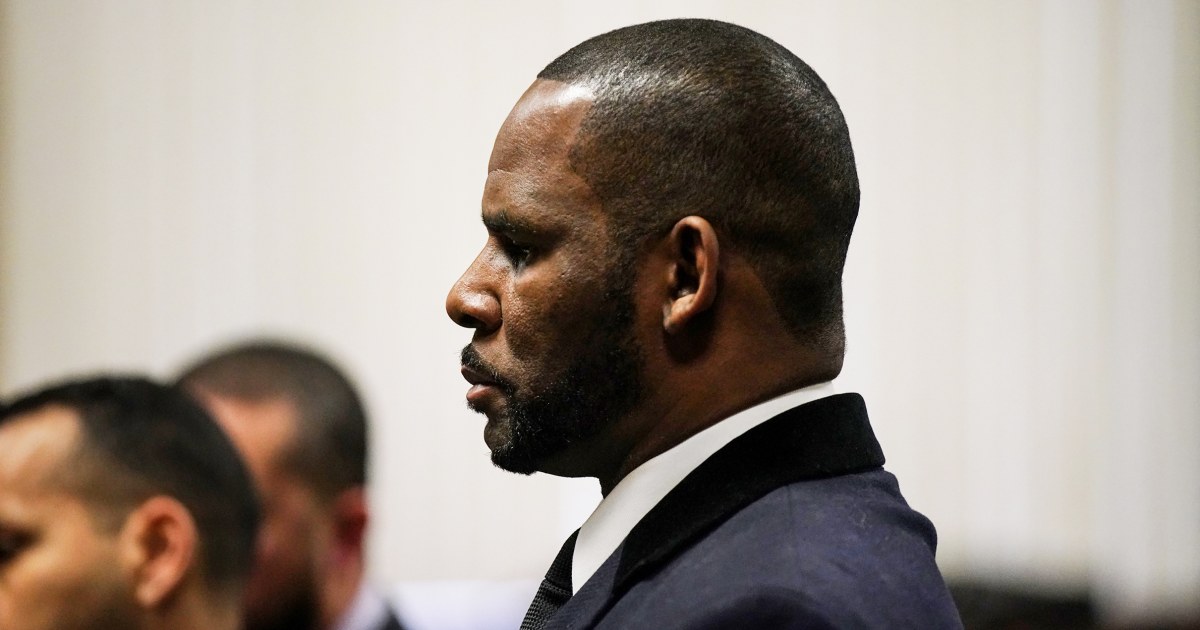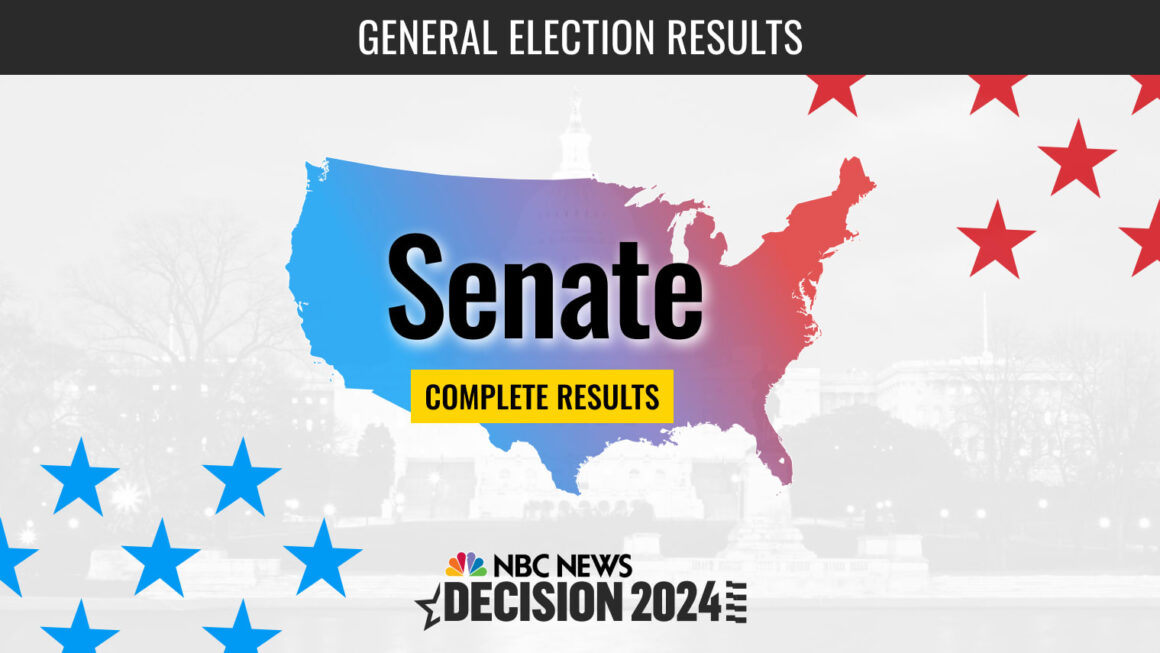The Supreme Court on Monday rejected R. Kelly’s bid to upend his federal sex crimes convictions, declining to review the disgraced singer’s petition, which raised a statute of limitations issue that an appeals court flatly rejected.
The justices denied the petition without comment from any members of the court after the government declined to weigh in on the matter. The high court didn’t ask the government to respond before it put the petition on for its private conference Sept. 30, a sign the appeal was on its way to rejection.
The disgraced singer was appealing his conviction in Chicago for producing child pornography and enticing minors to engage in sexual activity, for which he was sentenced to 20 years. (In another case in New York that’s under a separate pending appeal, Kelly was sentenced to 30 years, though 19 years of the two sentences are set to be served concurrently.) The 57-year-old, whose full name is Robert Sylvester Kelly, is currently slated to be released from prison in 2045.
Kelly argued that he was wrongly prosecuted retroactively under a federal law that he said bars charges related to his conduct in the 1990s and early 2000s. Prior to 2003, the statute of limitations barred prosecutions after the victim’s 25th birthday. But the law was amended that year to allow prosecutions through the life of the victim. In 2003, Kelly’s alleged victims had yet to turn 25, but they had by the time that Kelly was charged.
That timing is crucial, according to the federal appeals court that rejected Kelly’s claim, leading to his now-rejected high court appeal.
“As a threshold matter, it is not unconstitutional to apply a newer statute of limitations to old conduct when the defendant was subject to prosecution at the time of the change, as Kelly was in 2003,” the 7th U.S. Circuit Court of Appeals said in April.
Subscribe to the Deadline: Legal Newsletter for expert analysis on the top legal stories of the week, including updates from the Supreme Court and developments in Donald Trump’s legal cases.
![]()







